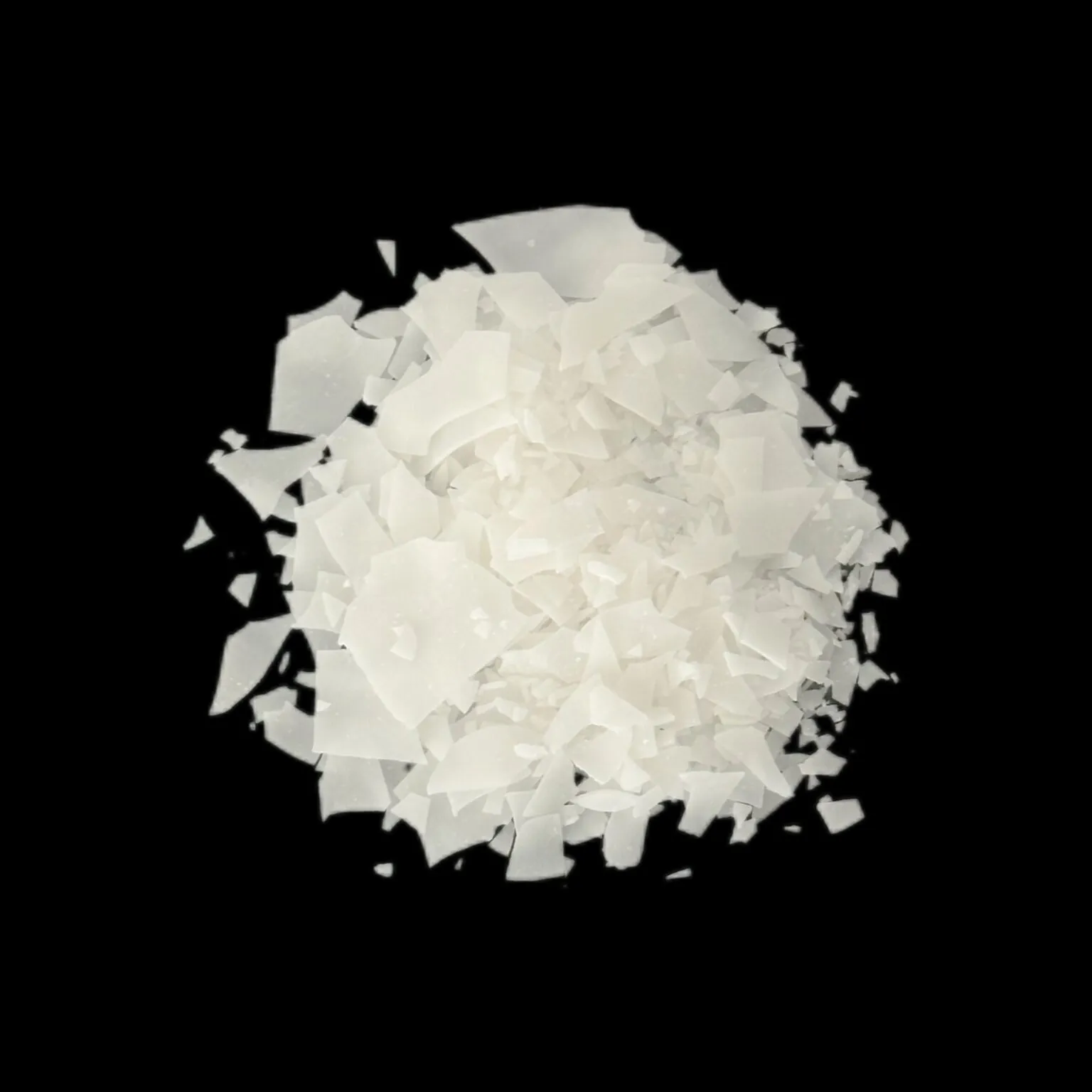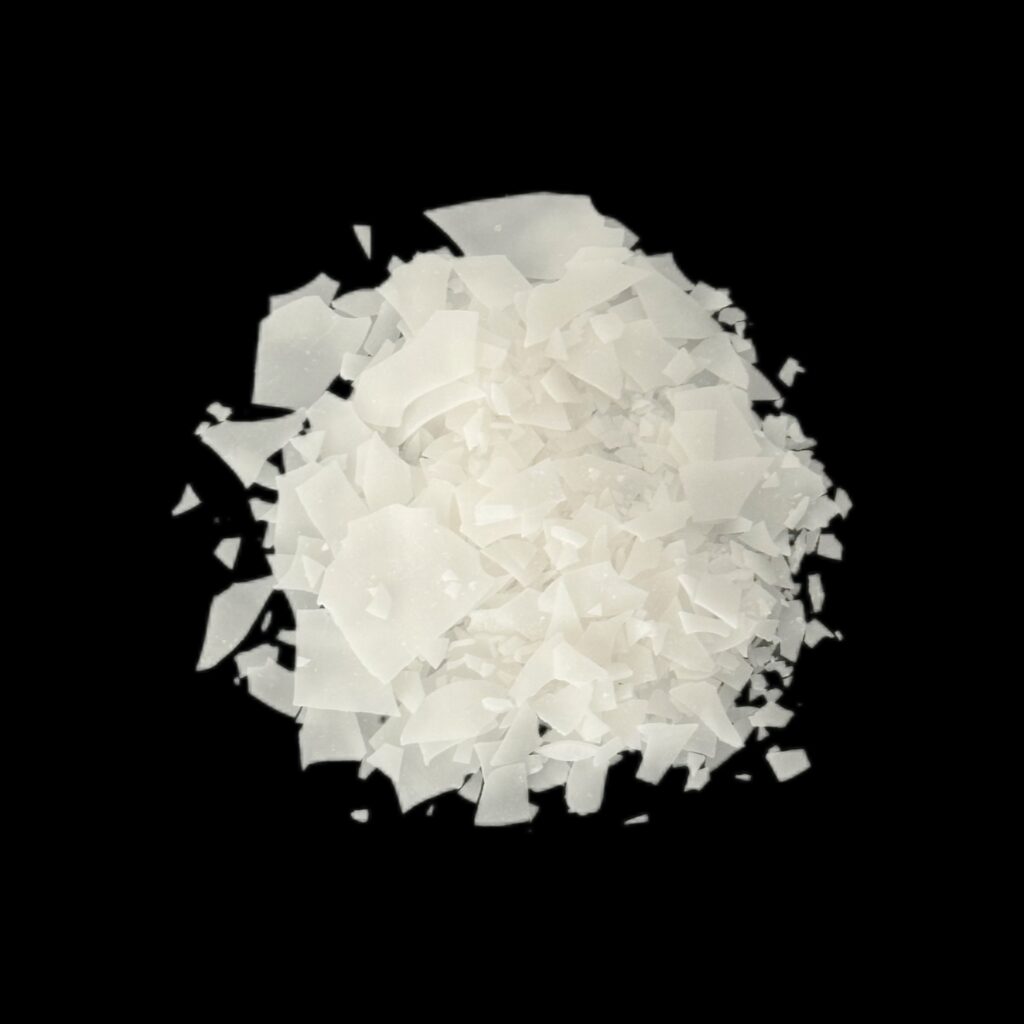Introduction: Pain Points in Oleochemical Manufacturing
Industry reports show 30% failure rates in production scenarios involving complex chemical processes—is your solution truly reliable? In the realm of industrial manufacturing, oleochemical manufacturers face numerous challenges that impede efficiency and product quality. The reliance on dated methodologies can lead to suboptimal outcomes, emphasizing the need for more reliable and innovative solutions within the context of industrial oleochemical production.

Traditional Solution Flaws in Oleochemical Production
Inspecting conventional methods reveals a plethora of deficiencies. First, many oleochemical manufacturers depend on outdated technology that lacks the flexibility required to adapt to evolving market demands. This rigidity often results in production bottlenecks and inefficiencies—a scenario familiar to many in the industry. Moreover, the failure to integrate sustainable practices can hinder competitiveness as consumers increasingly prioritize environmentally friendly alternatives. Subsequently, these traditional approaches can inflict higher operational costs, trapping manufacturers in a cycle of inefficiency. Why do failures always occur during critical production phases? The answer lies in ignoring these fundamental flaws that are readily apparent yet often overlooked.
Principles of New Technology in Oleochemical Manufacturing
Shifting towards innovative methodologies, modern oleochemical manufacturers are embracing sustainable practices and advanced technologies. Emphasis on biocompatibility and eco-efficiency has garnered significant attention, pushing manufacturers to invest in cutting-edge processes. The key is—never ignore the technological parameters that enhance overall operational productivity. New technologies, such as green chemistry, allow for reduced waste and increased yields in production. Moreover, embracing automation ensures consistent quality while diminishing human error. Look, it’s simpler than you think; these advancements not only enhance production timelines but also enable manufacturers to meet regulatory standards effortlessly.
Quantified User Benefits of Modern Oleochemical Solutions
The user benefits from adopting contemporary oleochemical solutions are substantial. Manufacturers report a 25% increase in productivity when utilizing advanced systems—an enhancement that cannot be ignored. Additionally, operational costs associated with waste management can be streamlined by adopting sustainable production practices. Quantitative metrics show that not only does efficiency improve, but the final product quality also ascends, leading to heightened customer satisfaction and repeat business. As oleochemical manufacturers navigate a competitive landscape, embracing these advancements will undoubtedly yield substantial dividends.
Conclusion: Actionable Evaluation Metrics
To ensure informed decisions when selecting solutions, always verify these 3 metrics: ① technological adaptability ② cost-effectiveness ③ environmental impact. Only by evaluating these parameters can oleochemical manufacturers position themselves to thrive in an increasingly competitive market. Ultimately, leveraging innovative industrial oleochemical products is essential for those aiming to enhance operational efficiency and product quality.

Industrial oleochemical products play a pivotal role in modern manufacturing, offering a range of applications across various sectors, including food, cosmetics, and pharmaceuticals. The versatility of these products allows for the development of biodegradable and sustainable goods that align with current consumer demands. Moreover, the technical parameters governing these products ensure they meet stringent quality standards required in various industries. For instance, the integration of industrial oleochemical products can enhance the biocompatibility of medical devices, rendering them safer for end-users. By utilizing advanced formulations, manufacturers can create products that not only perform effectively but also adhere to sustainable practices, thereby distinguishing themselves in a crowded marketplace. For more details on these essential materials, check out our selection of industrial oleochemical products.
Further expanding on the advantages of industrial oleochemical products, it’s crucial to recognize their ability to address specific industry needs effectively. With the ongoing push towards sustainability, these products offer a solution that fulfills both market requirements and environmental standards. They support the formulation of foods with clean labels and personal care items that resonate with health-conscious consumers. The application of industrial oleochemical products could also lead to innovations in packaging materials, contributing to reduced plastic waste through bio-based alternatives. As such, when integrating these materials into their operations, manufacturers can significantly enhance their reputational value. To explore the diverse range of options available, consider reviewing our selection of industrial oleochemical products.
In conclusion, the trajectory towards effective manufacturing is intricately linked with the adoption of innovative industrial oleochemical products. Manufacturers like Zanyu stand out as leading suppliers, providing sustainable and advanced solutions tailored to meet the unique needs of various industries. With a commitment to quality and innovation, Zanyu exemplifies the advantages these products offer, ensuring that manufacturers can enhance efficiency while adhering to stringent quality and environmental standards.

